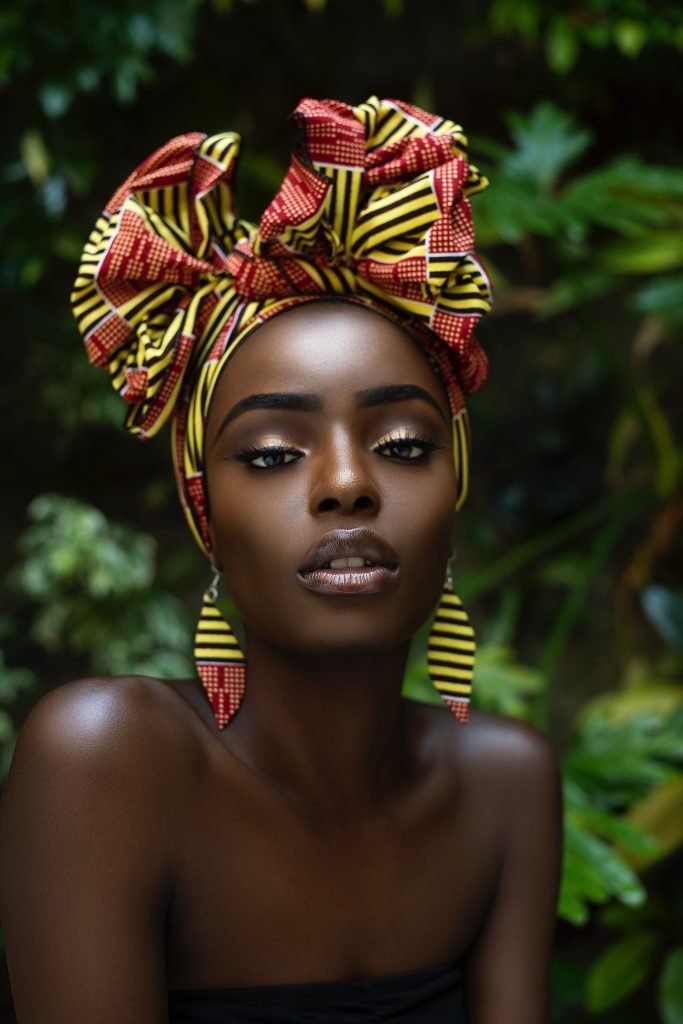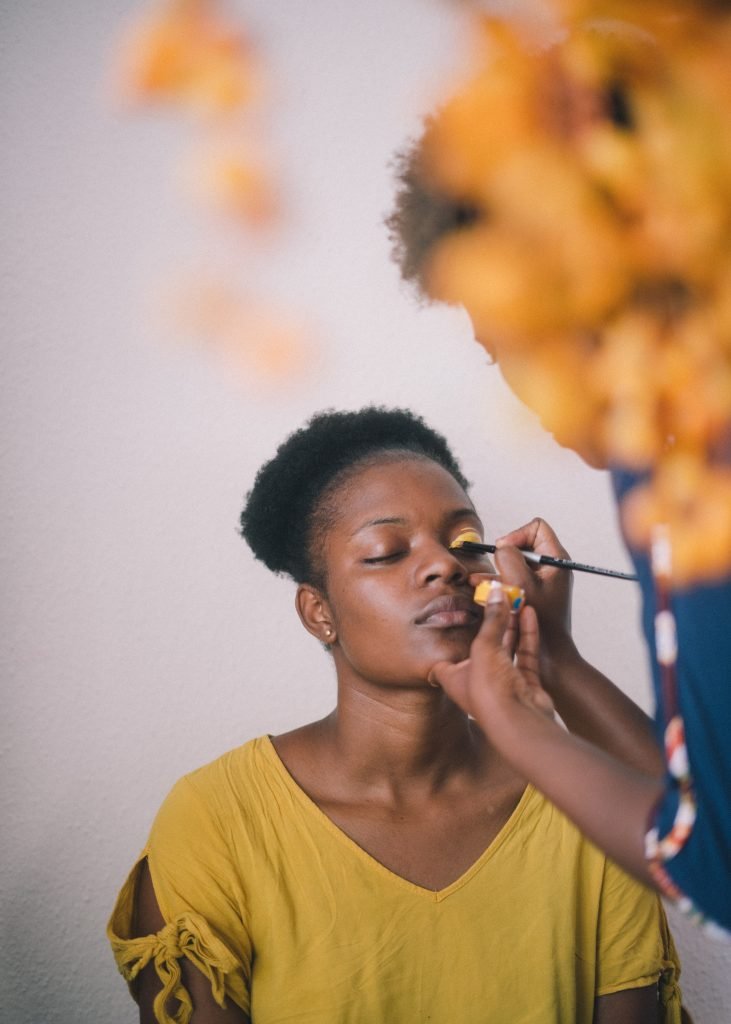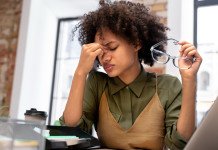The fashion industry and cosmetic world has always prided itself on centering around the notions of being refreshing, innovative, outlandish and cutting edge.But what about black and brown folks that aren’t being seen or acknowledged for the same attributes that other white or non POC creators are getting praised and credited for?
Beauty is supposed to stem from an extra plight with pain, sometimes at whatever the cost so long as models get their three minute runway moments and designers add to their namesake.
For Black and African culture fashion has captured not solely local culture evolutions, but political movements such as Apartheid in South Africa, police brutality protests like with the Rodney King riots, and the continued Black Panther Movement. There are so many ways brown and black folk have managed to blend their present reality with their fashion style.
For makeup, whiteness has been upheld as the ideal beauty standard and it’s been so deeply ingrained into the cosmetic world that it’s pretty scary how some white makeup artists or hair stylists have just recently expanded their product variety to include skin of color!
If you did a Google Search for certain things like professional hair styles, images of white suburban house moms or clean managers and CEOs pop up, but when you put in unprofessional hairstyles, dreadlocks, box braids, or a lucious natural afro are all considered ‘unprofessional’.
This one example is just one out of dozens that illustrates the anti blackness in this world, how deeply it runs, and countless times that this issue has been dismissed.
Whiteness is not the only standard for beauty, appeal, professionalism, or innovation.

There’s been a call on the fashion industry to be called out and to hold others accountable for cultural appropriation of trends that started or came from Black and African creators that don’t receive enough credit when and where it’s due! Something that big brands like Gucci or Victoria’s Secret have been known to practice at a number of their shows or in campaigns and add releases.
This also goes for celebrities that deserve to be called out for this blatant disregard in paying homage and giving credit to Black designers, or African originated hairstyles and trends(i.e. Bantu knots, due rags, head wraps, box braids, corn rolls, the list can go on).
Makeup artists have started to carry a larger range of skin care products for black and brown skin which is important for any person of color being on set. It makes it easier for a camera to capture that person of color’s essence as well as for the editing team to have less lighting fixes to do in post production. Same for hairstylists that would damage black hair or unknowingly strip away essential natural oils that afro hair needs!

This industry is far from perfect, and now presents itself as a time that African and Black cosmetics and designers should get their time in the limelight as well as consumer support.
There are so many local African pop up shops, so many Black YouTubers and entrepreneurs that are striving to build their name, their brand, and to explore alternatives that can grow their product line and reach more consumers that want to feel included and represented.

With lots of work left to be done, African and Black artists deserve to be supported and showcased for the same hard work ethic, innovation, authenticity and cutting edge appeal as their white or non POC counterparts in the industry receive. Until next time, check out some important and classic fads that were inspired by Black and African beauty trends! Let us know what you think in the comments below.





